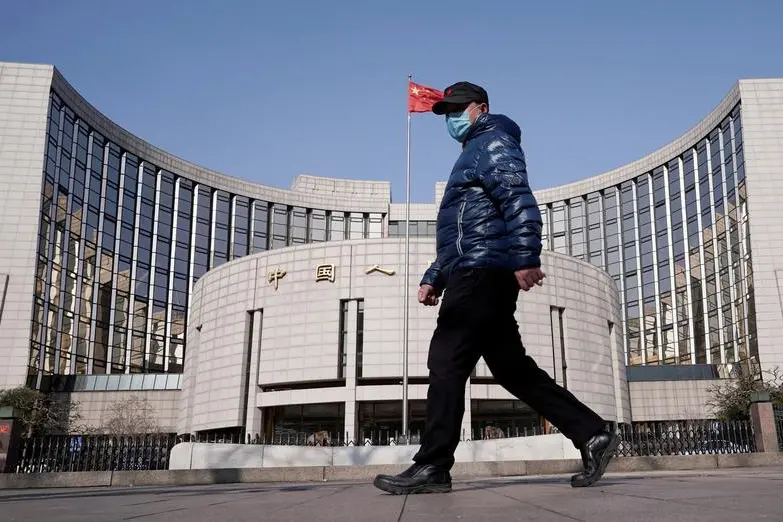PHOTO
(The author is a Reuters Breakingviews columnist. The opinions expressed are her own)
HONG KONG - At long last, China looks ready to corral some wild beasts. The central bank has rolled out new financial holding company rules designed to prevent another debacle like Tomorrow Holding. As a result, influential conglomerates and others are likely to restructure. The trick, as with any effort to curb systemic risk, will be for Beijing to stay vigilant.
Set to take effect on Nov. 1 with a one-year grace period to comply, the People’s Bank of China rules take aim at large industrial enterprises that stray into finance. Companies will have to hold at least 5 billion yuan ($738 million) in capital to secure a financial holding license. Those with banking businesses will typically need to have 500 billion yuan in financial assets. There are also new disclosure and corporate governance standards to help keep things in check.
The broader crackdown was largely spurred by sprawling private empires such as Tomorrow. Its reckless expansion and opacity sparked concern about potential contagion. Regulators seized Tomorow's regional lender Baoshang Bank last year and discovered some 150 billion yuan had been funnelled into hundreds of shell companies. Tomorrow founder Xiao Jianhua disappeared in 2017, after he was last seen being taken out of a Hong Kong hotel in a wheelchair with his head covered.
The PBOC called out China Everbright Group, China Merchants Group and fintech titan Ant as among the ones to be covered under the new regime. The central bank’s former vice governor, Zhu Hexin, already has been parachuted into CITIC, another candidate, as the new chairman. Others will feel the effects too.
Smaller, cash-strapped outfits may struggle to make the cut and simply abandon finance, helping make the industry that much safer. Likewise, state-owned enterprises and troubled local government champions such as Tianjin Teda are bound to sell assets and pull together various financial strands into one consolidated and more understandable group to appease regulators.
Previous initiatives to rein in financial bloat have been met with understandable scepticism by investors. Beijing is brandishing some big sticks, including corporate and individual penalties for violators of the financial holding company rules, that suggest resolve. Seeing the initiative through when times, and money, are looser will be the bigger challenge.
CONTEXT NEWS
- The People's Bank of China on Sept. 13 issued new rules on what type of non-financial companies are required to register as financial holding companies, along with details on how to regulate them. The rules are set to take effect on Nov. 1, with a one-year grace period to comply.
- Companies that control at least two different types of financial institutions, with typically at least 500 billion yuan ($73.9 billion) in financial assets and 5 billion yuan in registered capital, will be designated and regulated as financial holding companies pending regulatory approval.
(The author is a Reuters Breakingviews columnist. The opinions expressed are her own)
(Editing by Pete Sweeney and Sharon Lam) ((yawen.chen@thomsonreuters.com; Reuters Messaging: yawen.chen.thomsonreuters.com@reuters.net))





















